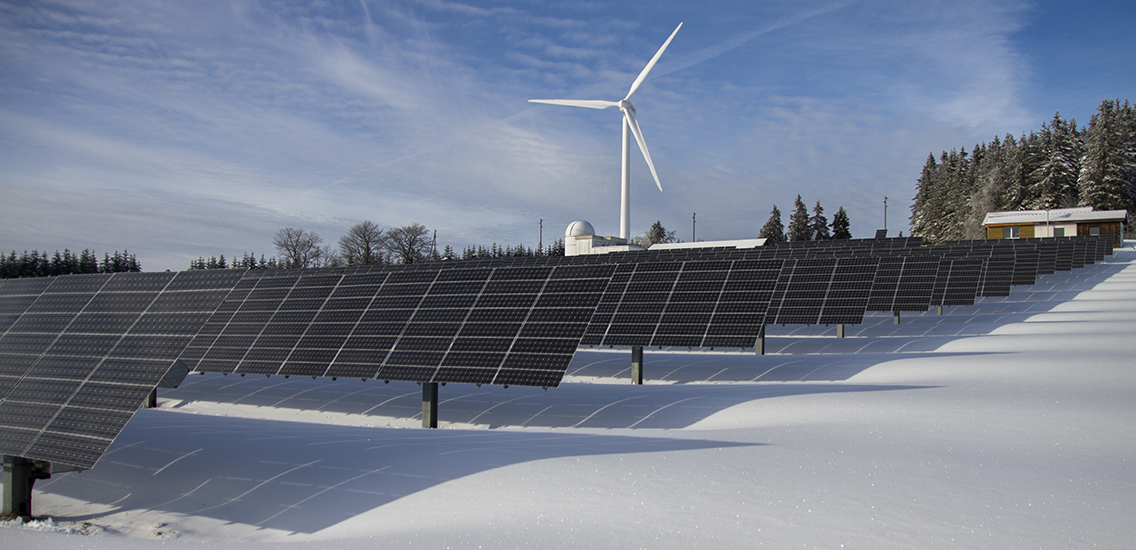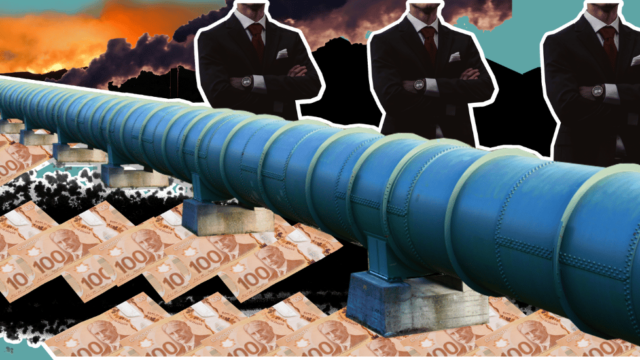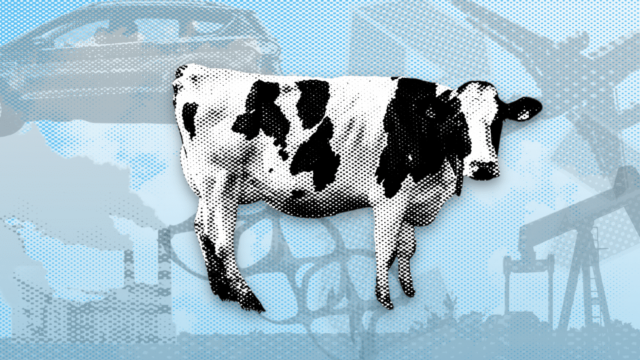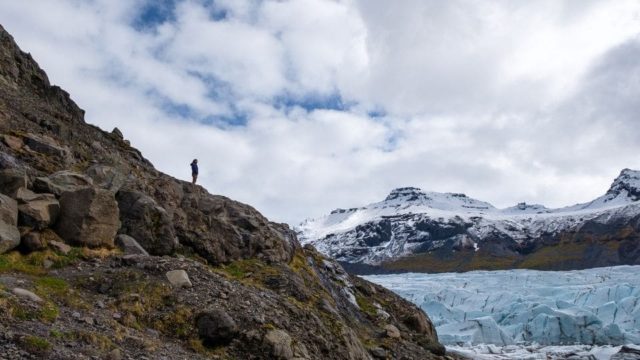The past few years have seen almost every climate record broken. The rapid acceleration of climate change is wreaking havoc globally and in Canada. In 2021, a heat dome covered western Canada. This event resulted in the highest-ever temperature recorded in Canada, measured in Lytton, B.C., at a staggering 49.6 degrees Celsius.
The 2023 wildfire season has broken all previous records, smothering communities across North America in smoke.
The climate crisis is real and has a lasting impact on our lives. This is not normal or natural, requiring a collective effort to address this emergency.
But there is also a lot of disinformation out there. In this blog, we break down how the world got to this point, who is responsible, what must be done to tackle the climate crisis, and how the right choices can have benefits for all of us.
But can we really just stop oil?
You need to heat your home, cook food, and run appliances. That’s not to mention the countless other daily tasks and needs that require energy. You might ask if we really phase out fossil fuels? We often hear that taking significant climate action could destroy the economy.
But in fact, the opposite is true. To paraphrase UN Secretary-General, investing in new fossil fuel projects is not just moral madness, it is also economic madness.
82 per cent of Canada’s electricity already comes from non-emitting sources like hydro. [1] We’re already world leaders in harnessing the power of renewable energy. The world is shifting to a net-zero emissions future, and Canada has an opportunity to lead from the front. But this requires a commitment to a sustainable future away from fossil fuels.
Electricity is essential to our daily lives. Investing in an energy grid from renewable sources will make our lives more affordable and improve our living standards.
Not only is a future powered by renewables possible, but it will also lower the cost of our energy bills.
Moving away from fossil fuels is essential to tackle climate change and will also benefit people across Canada.
What causes climate change?
Climate change is caused by releasing emissions from earth into the atmosphere.
There are many sources of greenhouse gases. But by far, the most significant emissions come from burning fossil fuels — oil, gas, and coal — to create energy. [2]
Emissions from fossil fuels began to soar at the dawn of the industrial revolution and exploded with 20th-century industrialization and globalization.
Emissions from fossil fuels rise into the earth’s atmosphere and trap heat from the sun that would normally escape.
As emissions continue accumulating in our atmosphere, it has started to change the world’s climate in many ways. In the past several years, people in Canada have seen deadly heat events, disastrous storms, and choking wildfires.
Who is responsible for climate change?
Research has shown that more than 70 per cent of global emissions that cause climate change come from just 100 fossil fuel companies. [3]
Many oil, gas, and coal companies have lied about the seriousness of the climate emergency. This is despite knowing their action’s impact on the planet since at least the 1970s. [4]
Governments around the world, including governments in Canada, have failed to act quickly enough or take the climate crisis seriously.
A frustrating aspect of the fight against the climate emergency is that if governments had addressed this issue earlier, we would most likely be in a better position today.
But governments are still making decisions that put us all at risk. This includes the Ontario government gutting its climate targets or the federal government approving fossil fuel developments such as Bay du Nord.
The financial system also bears a huge amount of responsibility for the climate crisis. Fossil fuel companies would not be able to develop, produce, and sell such large amounts of oil, gas, and coal if banks and other financial institutions didn’t prop them up.
Canada has the unfortunate title of having amongst the world’s largest private funders of fossil fuels. [5] At the same time, many of these institutions claim to be aligned with a net-zero emissions future. That’s why Ecojustice is helping to hold Canada’s biggest private funder of fossil fuels, RBC, accountable for greenwashing.
How can we tackle the climate emergency?
You might have read that the solution to the climate crisis starts with you — and while, in many ways, this is true, it is not how it’s often presented to you.
You might not know this, but fossil fuel companies have attempted to portray individual choices as the answer to this emergency. We are often bombarded with stories that have us believe that our own selfish desires to buy food, drive to work, and fly to see family are the very things causing the climate crisis.
While small, individual actions can help, they pale in significance on a global scale. To tackle the climate emergency, we need those with power to take it seriously.
That is why Ecojustice works to hold those responsible to account. We push the people making decisions to make the right choice for a sustainable future.
Thanks to Ecojustice, our partners, and our supporters, we successfully pushed the federal government to pass the Net-Zero Emissions Accountability Act. This law holds the federal government accountable for achieving the goals of the Paris Agreement on climate change.
We are also busy making sure that the federal government introduces regulations that stop banks and other financial institutions from greenwashing. Canada’s financial industry must instead focus on investing in green, sustainable developments.
But there is also a role for individuals in this battle. You can help organize in your community, school or workplace and put pressure on your elected representatives to make the right choices for the planet.
Can we build a sustainable future?
Canada still develops far too much oil, gas, and coal, contributing to the climate crisis and being susceptible to the geopolitics of global producers and unpredictable market forces. At the same time, the cost of renewables has declined to the point where it is often far cheaper than fossil fuels. [6]
The International Energy Agency — the world’s foremost authority on energy policy — has declared that solar power is now the cheapest source of electricity in history. [7]
Renewable energy prices do not fluctuate with global fuel markets, making them far less susceptible to volatility and price spikes. This has huge potential for all of us for energy security and affordability.
Major world economies are racing ahead to lead the global renewable energy market, and Canada cannot be left behind.
So, for your benefit and mine, it is time to phase out fossil fuels, hold those in power accountable for taking action on the climate crisis, and build a safe, sustainable future for all.
References
[1] Canada launches consultations on a Clean Electricity Standard to achieve a net-zero emissions grid by 2035 – Environment and Climate Change Canada
[2] Causes and Effects of Climate Change — United Nations
[3] New report shows just 100 companies are source of over 70% of emissions — CDP
[4] ExxonMobil: Oil giant predicted climate change in 1970s – scientists — BBC
[5] Fossil Fuel Finance Report 2023 — Banking on Climate Chaos
[6] Why Canada’s Energy Security Hinges on Renewables — International Institute for Sustainable Development
[7] World Energy Outlook 2022 — International Energy Agency






